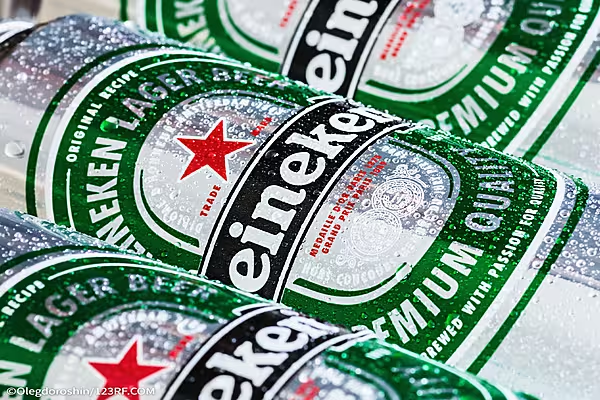Treasury Wine Estates plans a major overhaul of its business that includes the likely sale of low priority brands and other assets, aiming to gain at least A$300 million ($230 million) as it reels from the impact of steep Chinese tariffs on Australian wine.
The world's largest listed wine maker reported a 43% slump in first-half net profit to A$120.9 million ($94 million) and cut its interim dividend by a quarter to 15 Australian cents per share.
Second-half earnings are expected to come in below first-half earnings, it added.
Business Overhaul
Treasury Wine will reorganise into three new divisions: Penfolds, Treasury Premium Brands and Treasury Americas.
In addition to exploring the divestment of non-priority brands, the company will also look at the sale of operating assets and exit certain leases to cut costs across vineyard, winemaking, and packaging operations.
These moves would come on top of progress made in plans to withdraw from a significant portion of its US commercial brand portfolio.
Until China imposed anti-dumping and other measures that have resulted in tariffs of up to 175.6% on Treasury Wine's products, the Chinese market accounted for about a third of the company's profit.
Punitive Trade Measures
Canberra views the moves as part of punitive trade measures since Australia called for an independent inquiry into the origins of the coronavirus pandemic.
"In China, specifically, we are expecting minimal earnings contribution," chief executive officer Tim Ford told investors in a call.
Ford said, however, the company had become more confident about its plans to reroute its Penfolds Bins and Icon luxury ranges from China to other markets.
The company plans to retain a presence in China and will continue to work with regulators there to protect its brands.
"It's a cost, but we're going to continue to wear that cost to ensure that we continue to work with authorities in China ... to try and put..counterfeit wines and the counterfeit labels ... out of business," Ford said.









